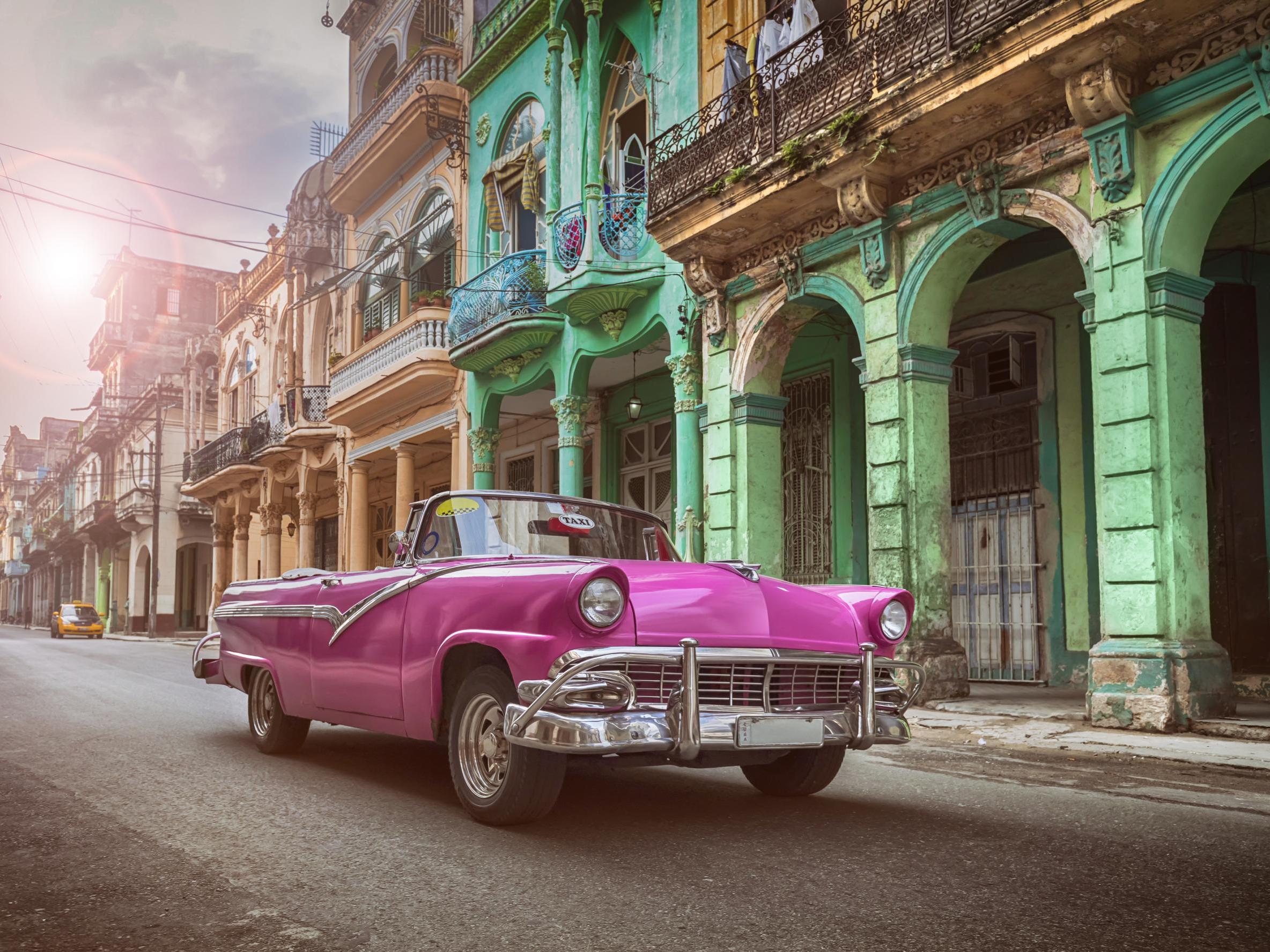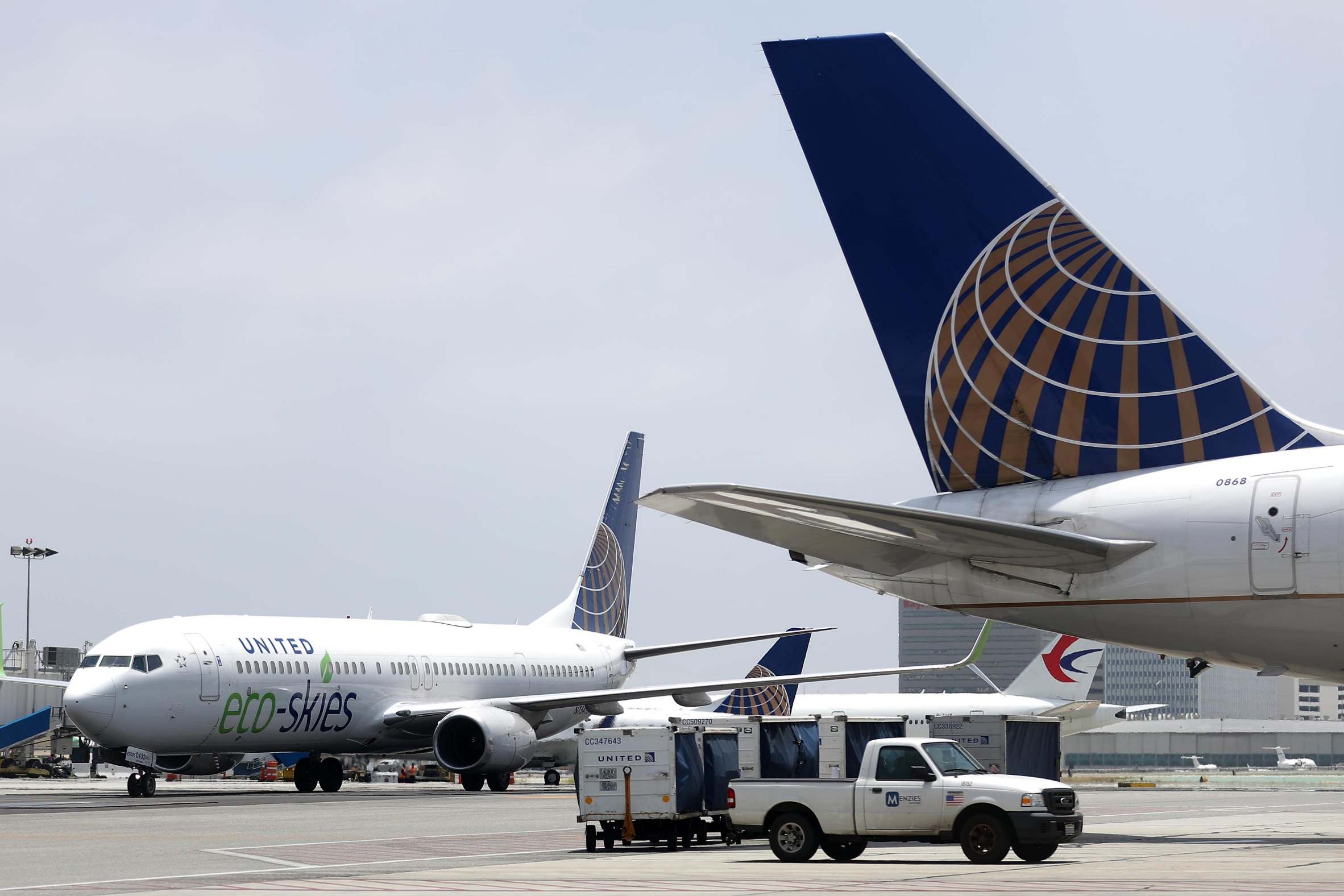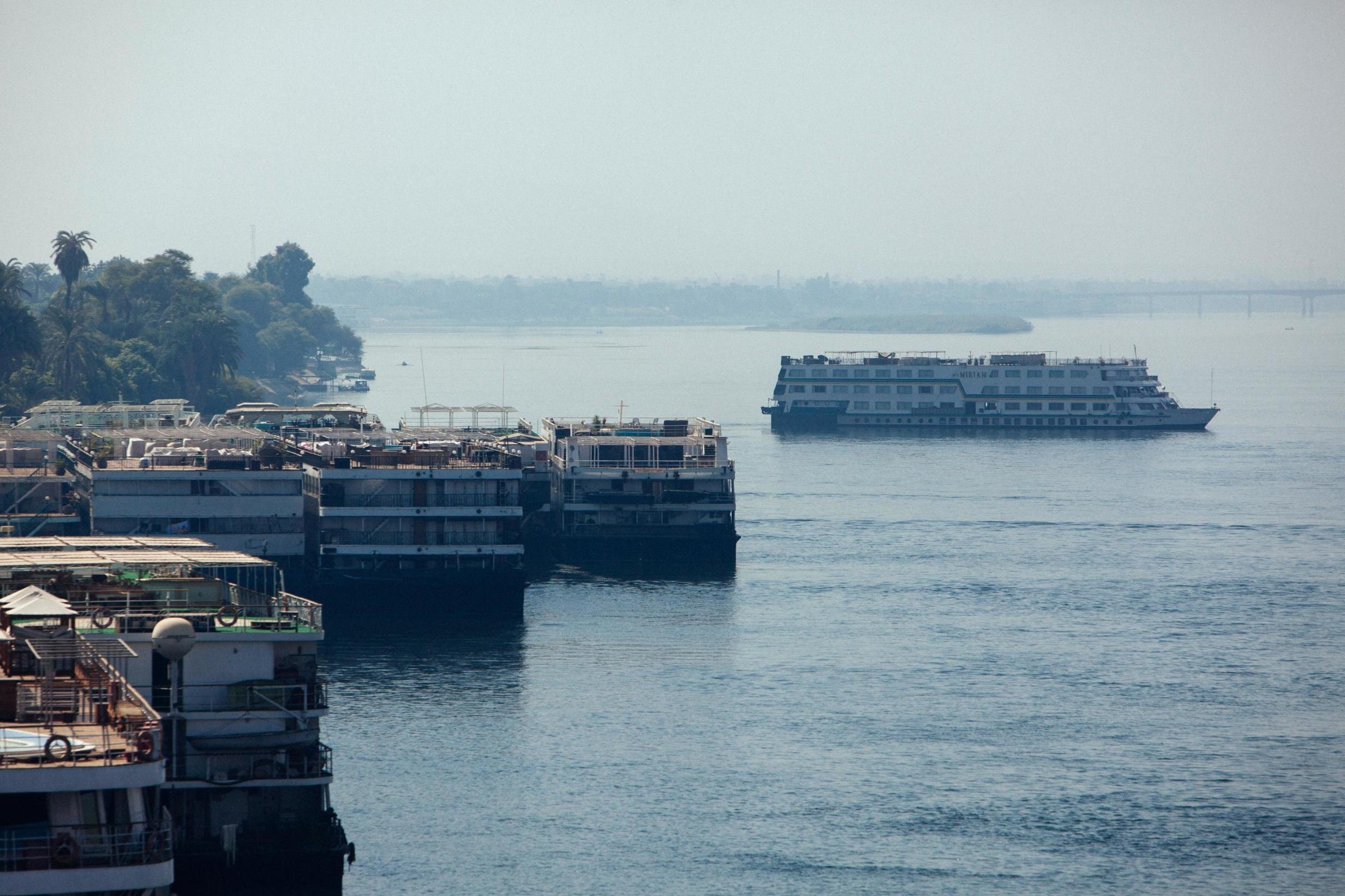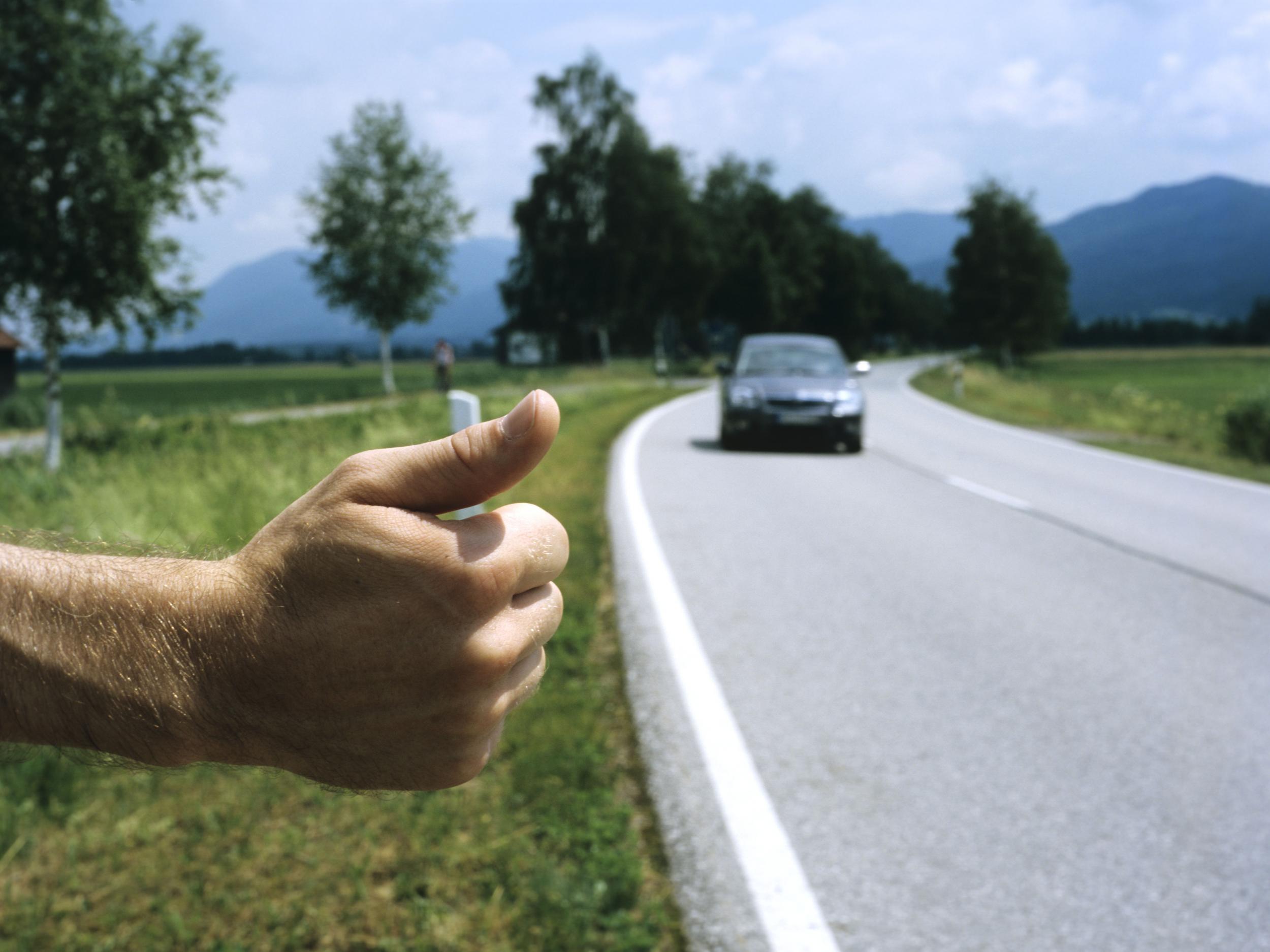What does the Thomas Cook collapse mean for flights to Cuba?
Simon Calder answers your questions on the ripple effects of a tour operator’s demise, dealing with lengthy delays and the environmental benefits of hitchhiking


Q I have booked a package to Cuba over Christmas/New Year through an independent travel agency. The flights are with Thomas Cook, the rest of the package is not. I have paid a £1,000 deposit with the rest due next week. Understandably the agency is dealing with people already away or about to go and won’t engage with me currently. But the flights to Cuba are now super expensive and indirect, and the rest of the money is due shortly.
Am I right in thinking the agency will find a replacement package for the same price, but the dates may change, so in theory not over Christmas? Or can I get the deposit back, and book something else?
Name withheld
A It was perfectly understandable that the travel firm chose Thomas Cook Airlines flights; the failed firm has a long history of flying to Cuba and offered a wide range of routes to the island. But since the overnight collapse of Thomas Cook, you are among tens of thousands of others who have holidays booked that involve Thomas Cook flights, and are understandably keen to find out what is happening with their holidays.
The rules are straightforward about your entitlement. The ideal, of course, is the same holiday on the same date for the same price. The travel firm certainly can’t say, “We’ll deliver the same holiday but two weeks later.” And conversely you can’t say: “I demand you pay whatever it costs to find flights on the right dates.”
Either the holiday company must find reasonable alternative flights on the same dates, to allow the trip to go ahead as planned, or it must provide a full refund of all monies paid without delay – in which case you can choose a new holiday (or if you prefer, spend the money on DIY, a new bike or anything else you like).
So what constitutes “reasonable alternative flights”? The holiday companies to whom I have spoken since the Thomas Cook collapse say they have been working with customers to come up with acceptable arrangements. For Mediterranean destinations that can be a straightforward matter – instead of flights from Birmingham airport, for example, seats can be found from Luton or Manchester.
For Cuba, though, it is much more difficult. Thomas Cook’s flights from Gatwick and Manchester to Cayo Coco in the centre of the island and Holguin in the east were unique, and very difficult to replicate. Flying indirectly to Havana and then travelling for 10 hours overland to Holguin would not constitute “reasonable”.
I fear, therefore, that you will have little choice but to get your money back. It may be that other airlines will announce in the next few weeks that they are restoring some of the Thomas Cook routes; Virgin Atlantic has already added 30,000 long-haul seats from Manchester to Barbados, New York and Orlando. But those are more mainstream routes, and it could be years before links to secondary airports in Cuba are restored. So all you can do is wait.

Q My United Airlines flight from New York Newark to Manchester was delayed by 13 hours. Instead of leaving at 7.20pm, it left at 8.20am the following morning. We were given meal vouchers and put up in a motel for a few hours. The airline has offered $200 (£160) in compensation but in the form of a voucher that had to be spent towards another flight with them. I cannot afford another trip on United, not least because of the hotel costs involved, so does that mean I get no compensation for the 13-hour delay?
Verna C
A I am glad that United Airlines looked after you during the delay. US-based carriers typically provide passengers with rooms and meals when they are responsible for the delay, whether that is because of mechanical problems, IT failures or staffing issues. But if an external factor such as bad weather or a security alert is to blame, then passengers are generally left to fend for themselves.
When I fly over the Atlantic from North America to Europe, I always try to fly with an EU airline. That is because the consumer protection provided under the European air passengers’ rights rules prescribes a duty of care regardless of the cause of the delay. Carriers such as British Airways and Virgin Atlantic are required to provide meals and rooms when necessary in the event of a long delay anywhere in the world. Similarly, the compensation provided in the event of a delay caused by the carrier is payable by EU airlines wherever the journey begins.
On the link between Manchester and New York, though, the only EU airline is Virgin Atlantic, serving JFK airport (much-missed Thomas Cook Airlines used to share the route, until the company collapsed last month). In terms of compensation for your delay, United, a US airline, had no legal obligation to offer any recompense, but traditionally American carriers will provide vouchers in the event of disruption that they cause. These are restricted to travel on the airline itself, and are often time-limited. But they may be flexible enough to transfer to someone else.
The other aspect: did you suffer financially as a result of the delay, for example through loss of wages or extra travel costs that the disruption triggered? You may be able to claim verifiable costs under the Montreal Convention, which governs international air travel. If so, write to United and be prepared to supply evidence.

Q We booked and paid in full for a package holiday through an online travel agency. It’s a two-week Nile cruise and Red Sea stay and is Atol-protected. But the flight was with Thomas Cook. They rang us today and said as the flights are expensive they cannot offer the holiday but can return the money – or we have to pay for the extra cost of the airfares, which could be as much as £375 each on top of the original price.
Should the travel agent be responsible to arrange our flight as the holiday has been booked and fully paid? Are they not covered by insurance in this situation, and should they not pass this on to us?
Nabeel H
A Unfortunately the travel firm has done broadly what it needs to do following the sad collapse of Thomas Cook and its excellent in-house airline. If circumstances change before a package holiday in this way, the travel firm which is organising it has two basic options. First, it can try to source suitable alternative flights and arrange them for you at no extra cost. This is, of course, the preferred option for you and the vast majority of other travellers. Some companies have chosen to do this, at considerable expense, as a matter of good customer care.
Alternatively, the holiday company can provide a full refund, which it should do promptly. The firm can then invite you to book a more expensive holiday, but of course you are at liberty to shop around and find a more favourable package from a rival company. In a perfect world, travel operators would indeed have insurance to protect them – or rather the customers – from sharp price increases due to the failure of a major supplier. But I am not aware of such policies; given the potential liability, I imagine insurance of this kind would be prohibitively expensive.
So my advice: take a full refund and hope other airlines will move in with additional capacity, which will bring prices down. Given the amount of demand from you and many others, I am fairly confident this will happen.

Q In your article about how Conservative MPs could travel between Westminster and their conference in Manchester, you suggested that hitchhiking was the most environmentally friendly option. But buses and trains running on schedule use less energy than cars, and hitchhiking doesn’t improve this figure. So what is your logic?
Name and address supplied
A A car with a single occupant is certainly more damaging to the environment than is a reasonably loaded bus or train. But adding a hitchhiker to a vehicle that is travelling between London and Manchester consumes trifling extra hydrocarbons – the additional energy required to transport an 80kg item, ie the traveller, for 300km.
I do not believe the characteristics of automobiles, buses and trains are significantly different regarding the marginal extra energy consumed on a journey of this length; it might be the equivalent of a pint of gasoline. Doubtless, someone will put me right if I am wrong. The big difference between hitchhiking and scheduled buses and trains is that thumbing creates no demand for future services. It’s a nuanced argument, but every time someone buys a bus or train ticket, they are “voting” for that form of transport.
If 500 additional paid journeys are made in a day between London and Manchester, those votes could theoretically make a difference if an operator is considering whether or not to add an extra service to accommodate anticipated demand. The train operator, bus company or (for the truly unreformed passenger) airline may decide to deploy an additional service in future. That would certainly damage the planet. But if 500 hitchhikers make the trip no extra vehicles will be triggered.
This analysis assumes the driver does not offer to go out of his or her way to help the hitchhiker, at which point the benefits are possibly annulled or reversed. But with an average of three empty seats in each vehicle on UK roads, picking up hitchers is a good move for the environmentally conscientious – so long as drivers are not tempted to be overly generous
Email your question to s@hols.tv or tweet @simoncalder
Join our commenting forum
Join thought-provoking conversations, follow other Independent readers and see their replies
Comments